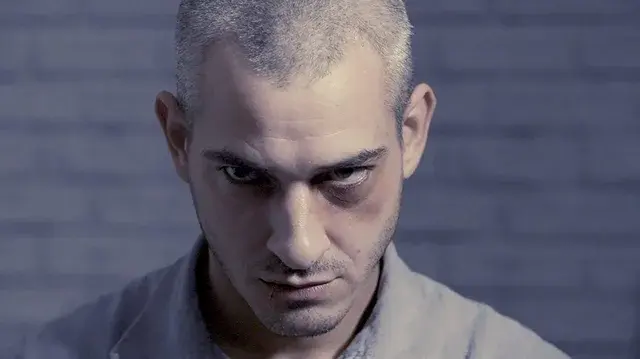Prison reforms, especially in contemporary context where police brutality is making headlines all over the world, has been a topic of a deeply contentious debate for the past couple of years. Inherent to the conversation are ideas of good and evil, right and wrong, punishment and redemption and the need, or the absence of it, to separate the criminal from the crime they have committed to be able to see them as their own person. Additionally, it brings to the fore questions about corrective measures that we as a society need to adopt in order to ensure that not only the rate of crimes is brought down, but also to allow a second chance at rehabilitation to those who are behind them.
The Programme is a sincere and devoted endeavour, marked by its hard-hitting writing, to engage with all of these concerns. It preoccupies itself with an issue of increasing significance and does notable justice to it at the level of thought. The engagement with its several characters across the spectrum - be it the inmates, the policy-makers, the police officers or the prison guards, allows each voice an equal opportunity to present to the viewer an array of opinions and ideas, perhaps in an attempt to accentuate the reality of blurred lines (much like the treatment of the film's story which is fiction positing itself as a documentary) and the lack of neatly-defined black and white categories.
At the core of the narrative is a corrective programme that aims at using chemicals to alter the brain chemistry of prison inmates, and subjecting them to a formerly untested treatment that puts them completely at the mercy of the drugs that are put into their bodies. The film is especially commendable in its attempts to not locate itself to a single country or region. Instead, it goes a step further to bring in examples from several countries, further expanding its horizons.
However, it should be noted that a few performances miss the mark, in turn, weakening the otherwise rock-solid core of the narrative, and keeping it from being much more than what it already is. Along with this, there is also an inclination to giving in to sentimentalism towards the end of the story which does not sit quite right with the rest of the tone marked by its surgical, clinical analysis of a grave issue. Overall, the film remains a competent product with very pertinent propositions to provoke the viewer to question the manner in which their lived reality, as well as of those around them, is shaped by decisions made only by a handful of people.
Read LessThe Programme is a sincere and devoted endeavour, marked by its hard-hitting writing, to engage with all of these concerns. It preoccupies itself with an issue of increasing significance and does notable justice to it at the level of thought. The engagement with its several characters across the spectrum - be it the inmates, the policy-makers, the police officers or the prison guards, allows each voice an equal opportunity to present to the viewer an array of opinions and ideas, perhaps in an attempt to accentuate the reality of blurred lines (much like the treatment of the film's story which is fiction positing itself as a documentary) and the lack of neatly-defined black and white categories.
At the core of the narrative is a corrective programme that aims at using chemicals to alter the brain chemistry of prison inmates, and subjecting them to a formerly untested treatment that puts them completely at the mercy of the drugs that are put into their bodies. The film is especially commendable in its attempts to not locate itself to a single country or region. Instead, it goes a step further to bring in examples from several countries, further expanding its horizons.
However, it should be noted that a few performances miss the mark, in turn, weakening the otherwise rock-solid core of the narrative, and keeping it from being much more than what it already is. Along with this, there is also an inclination to giving in to sentimentalism towards the end of the story which does not sit quite right with the rest of the tone marked by its surgical, clinical analysis of a grave issue. Overall, the film remains a competent product with very pertinent propositions to provoke the viewer to question the manner in which their lived reality, as well as of those around them, is shaped by decisions made only by a handful of people.
Cast
Crew

HAVE YOU MADE A FILM?
